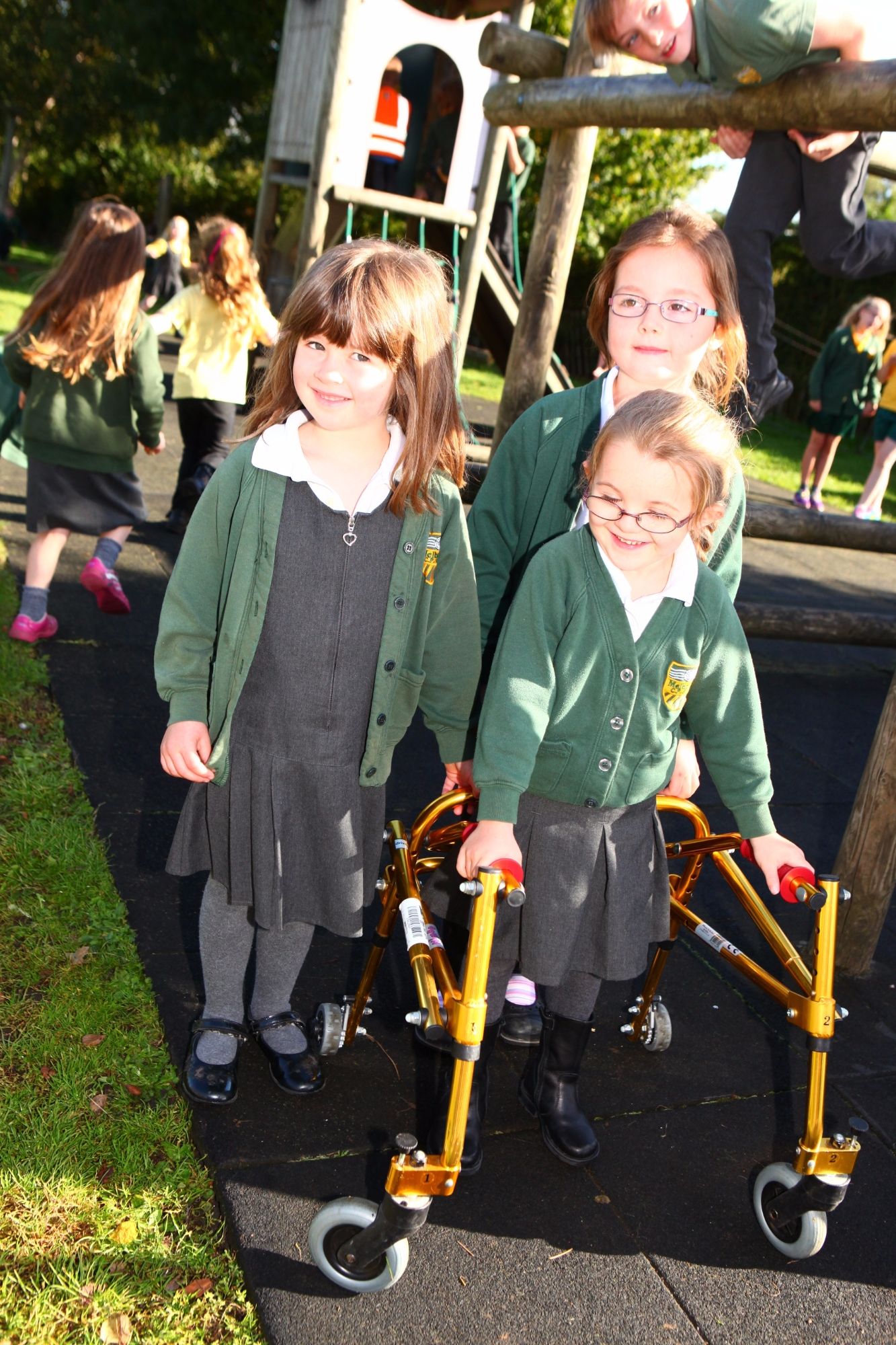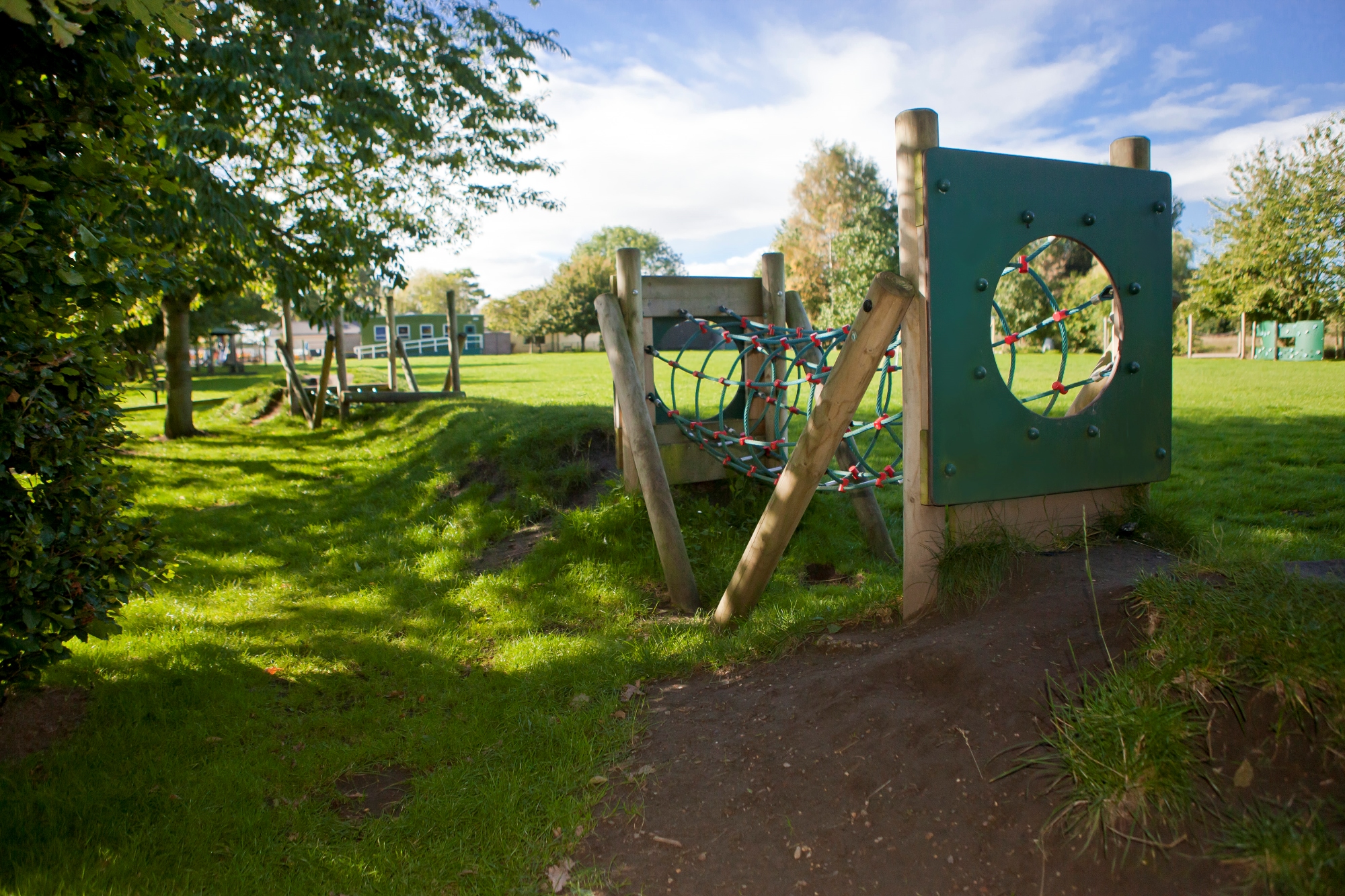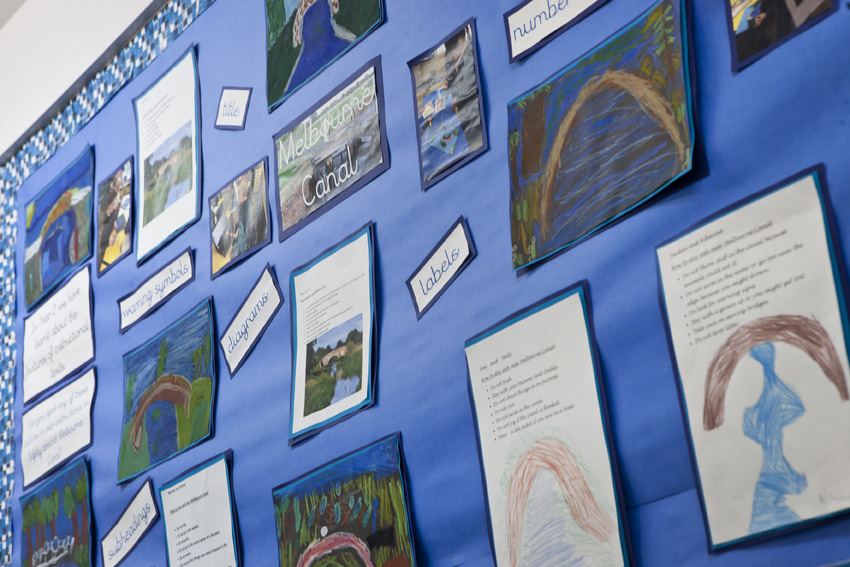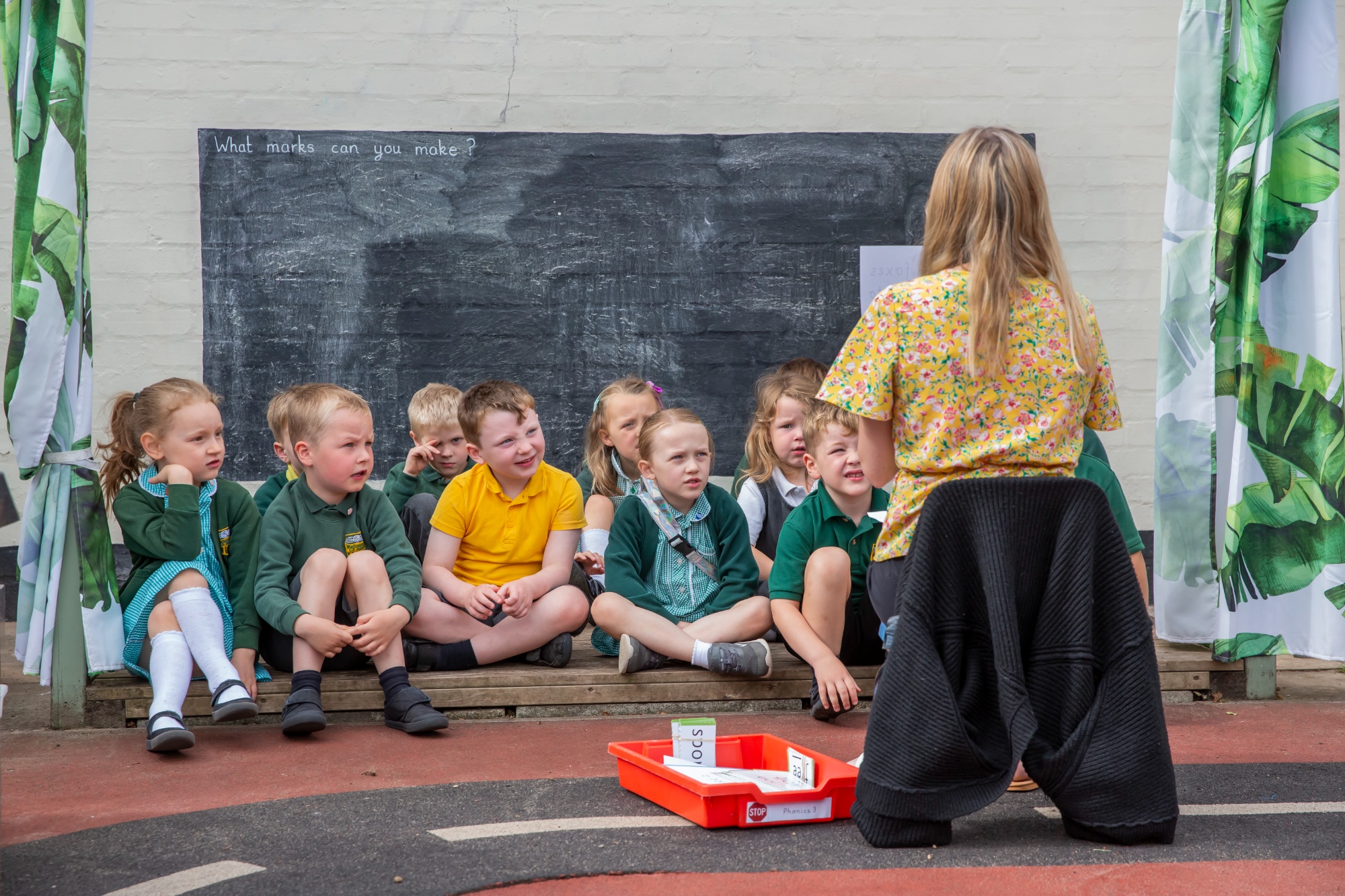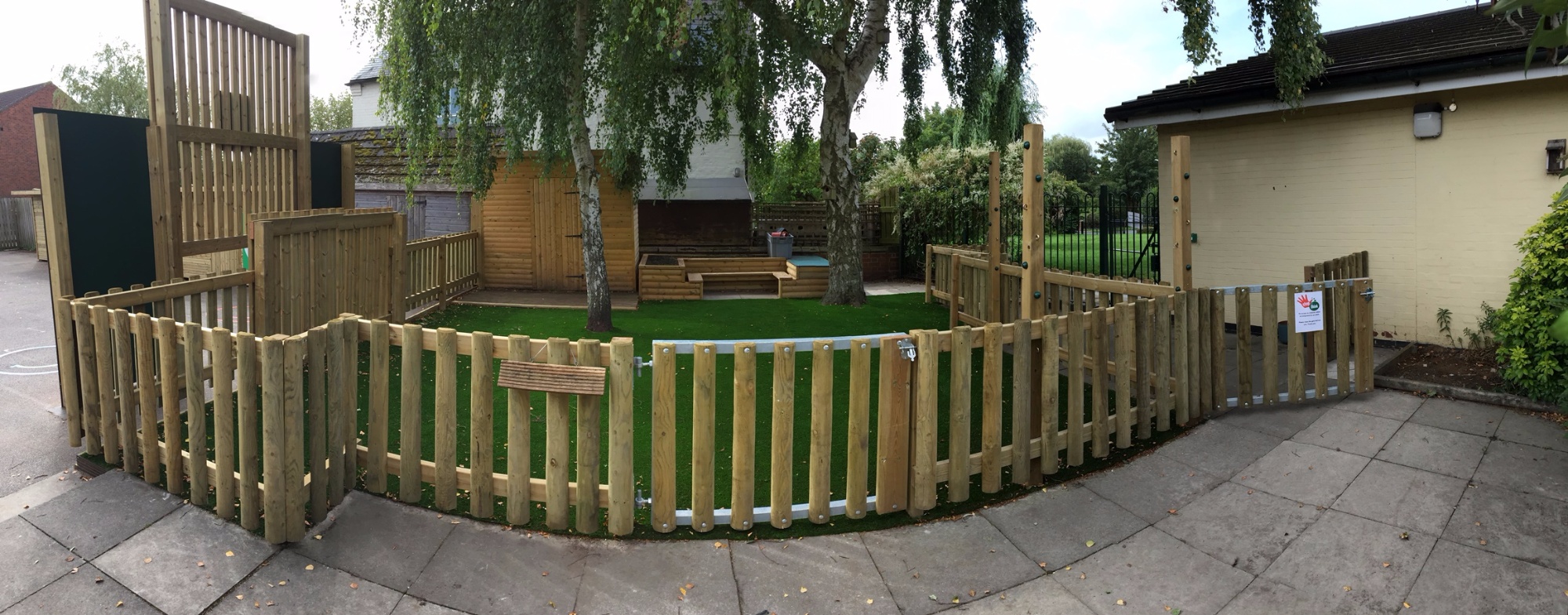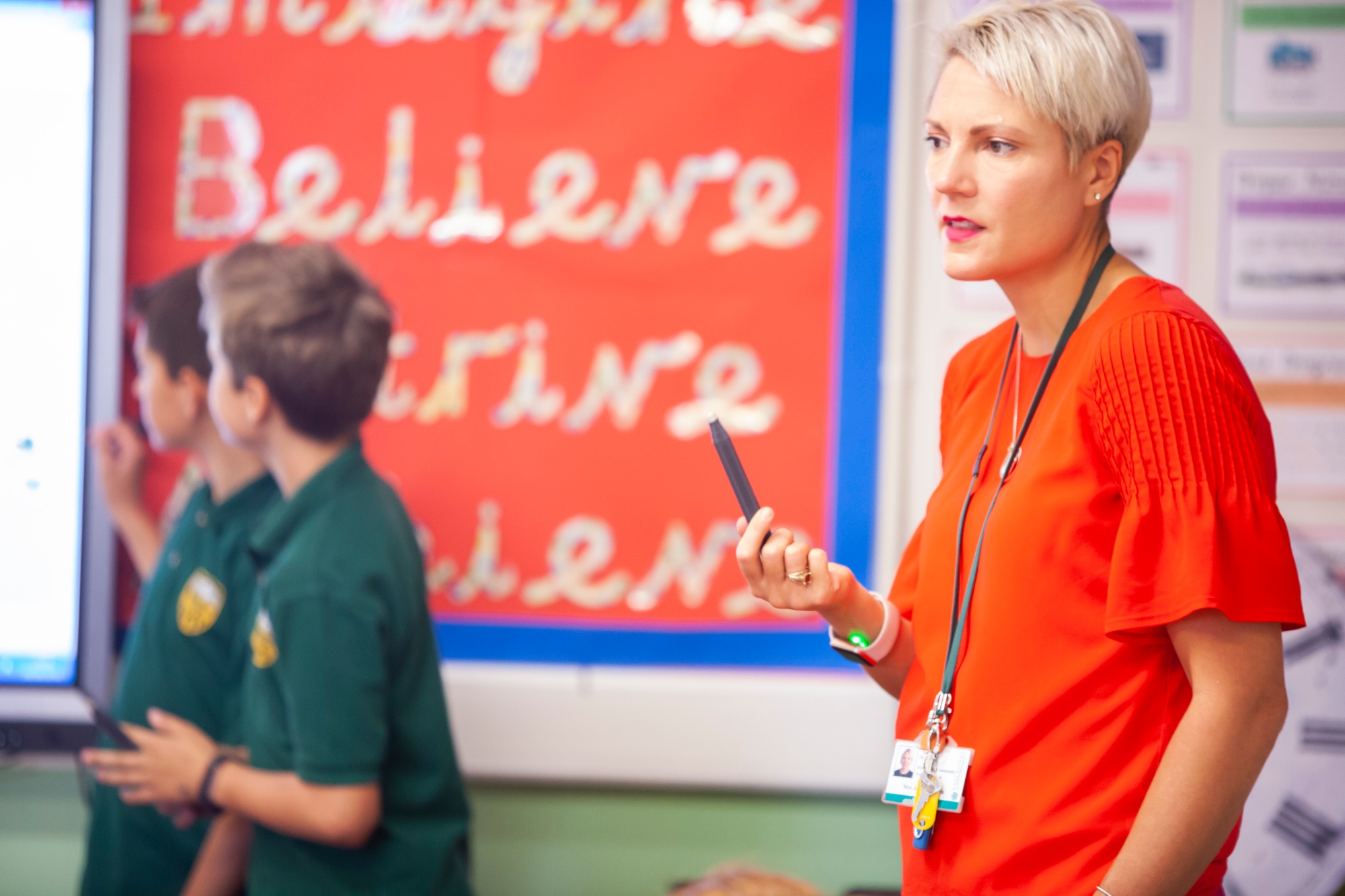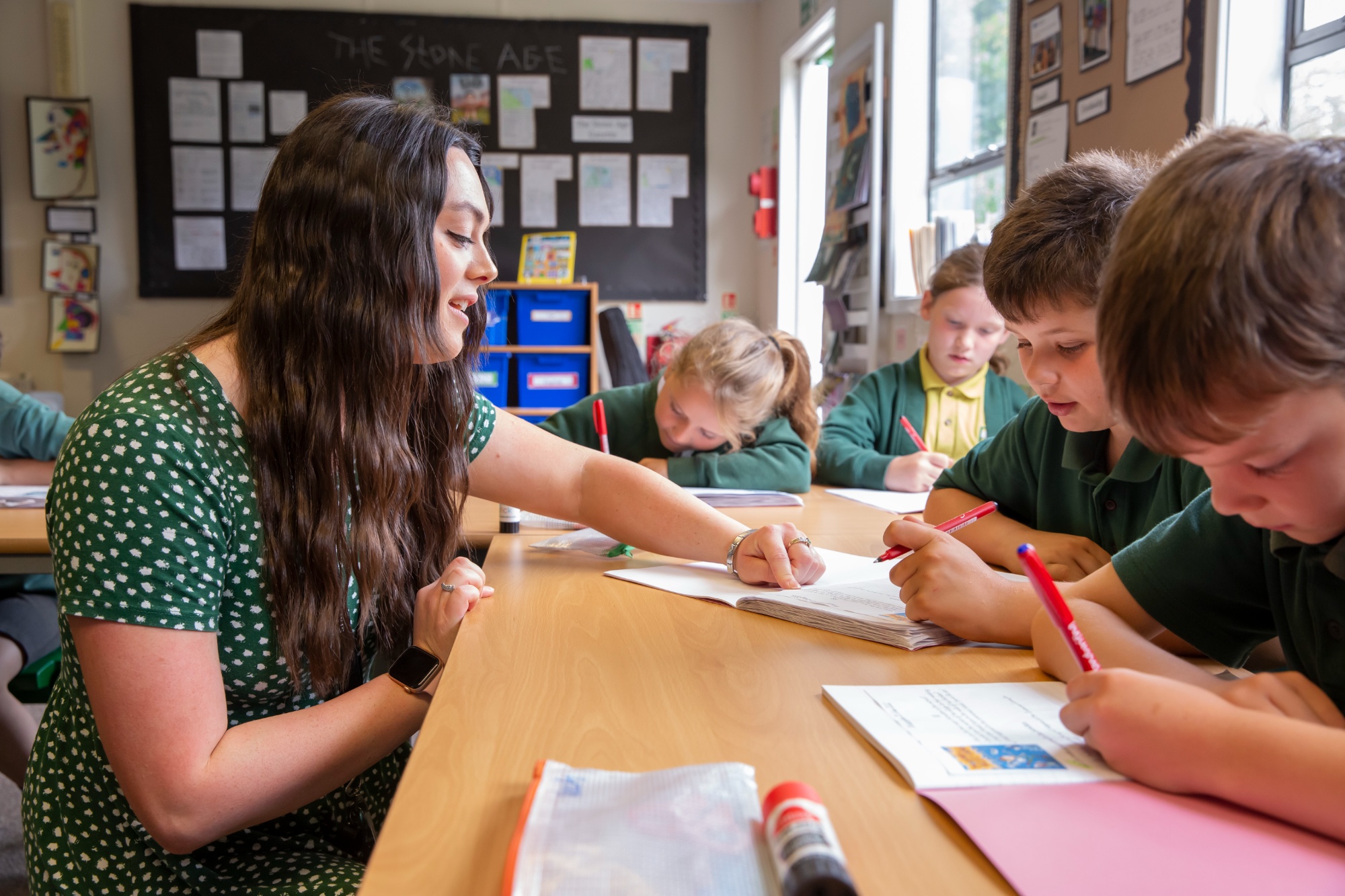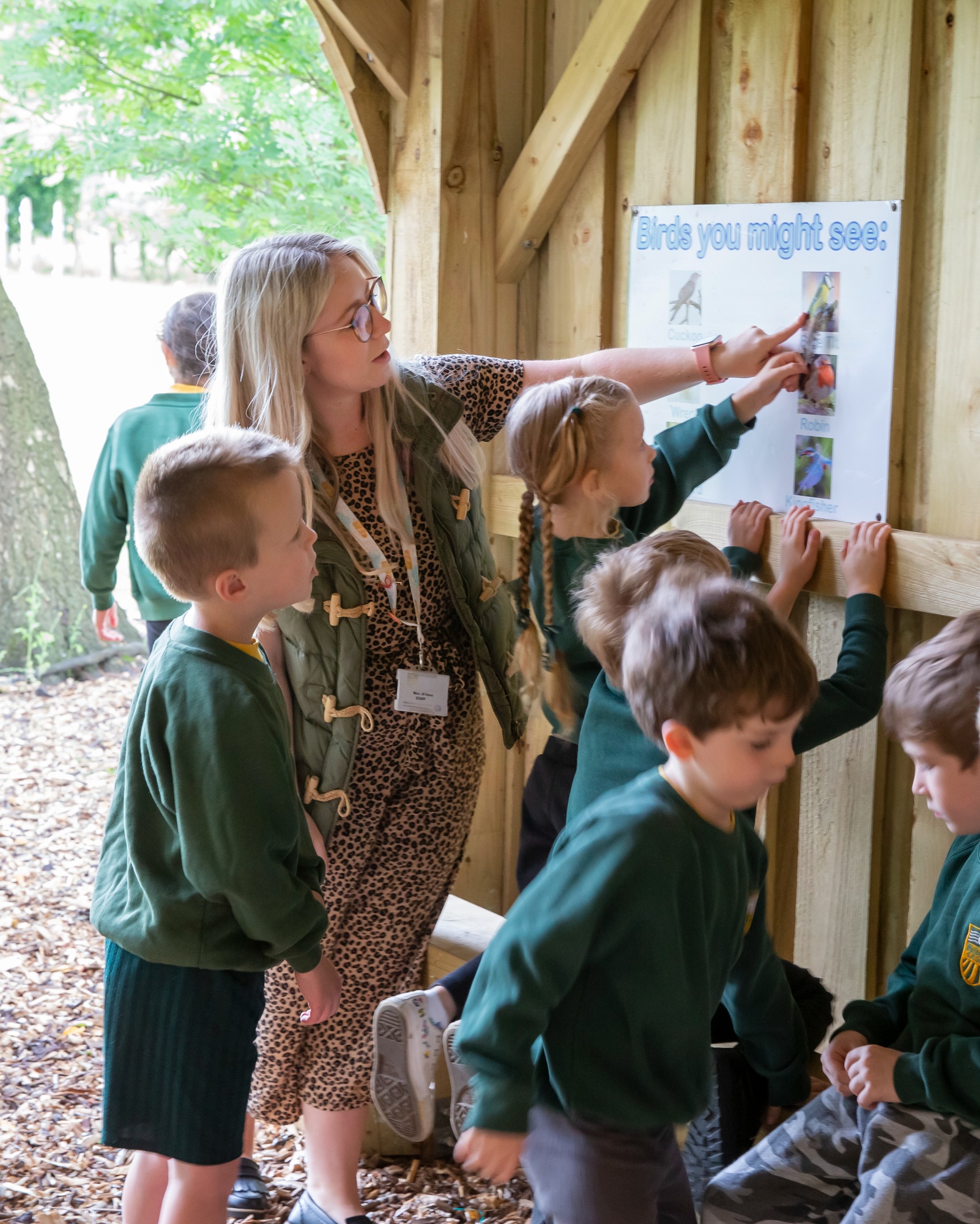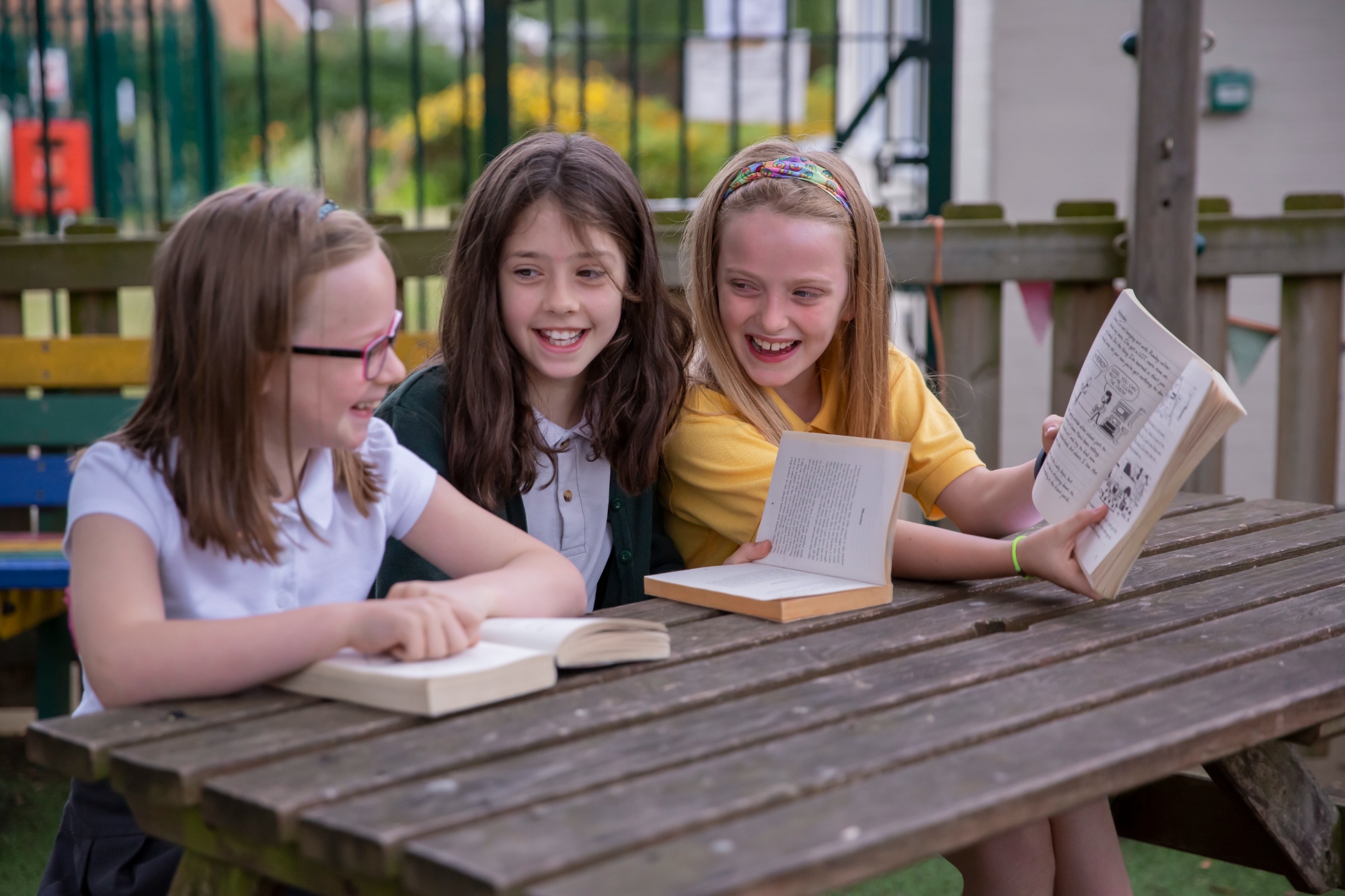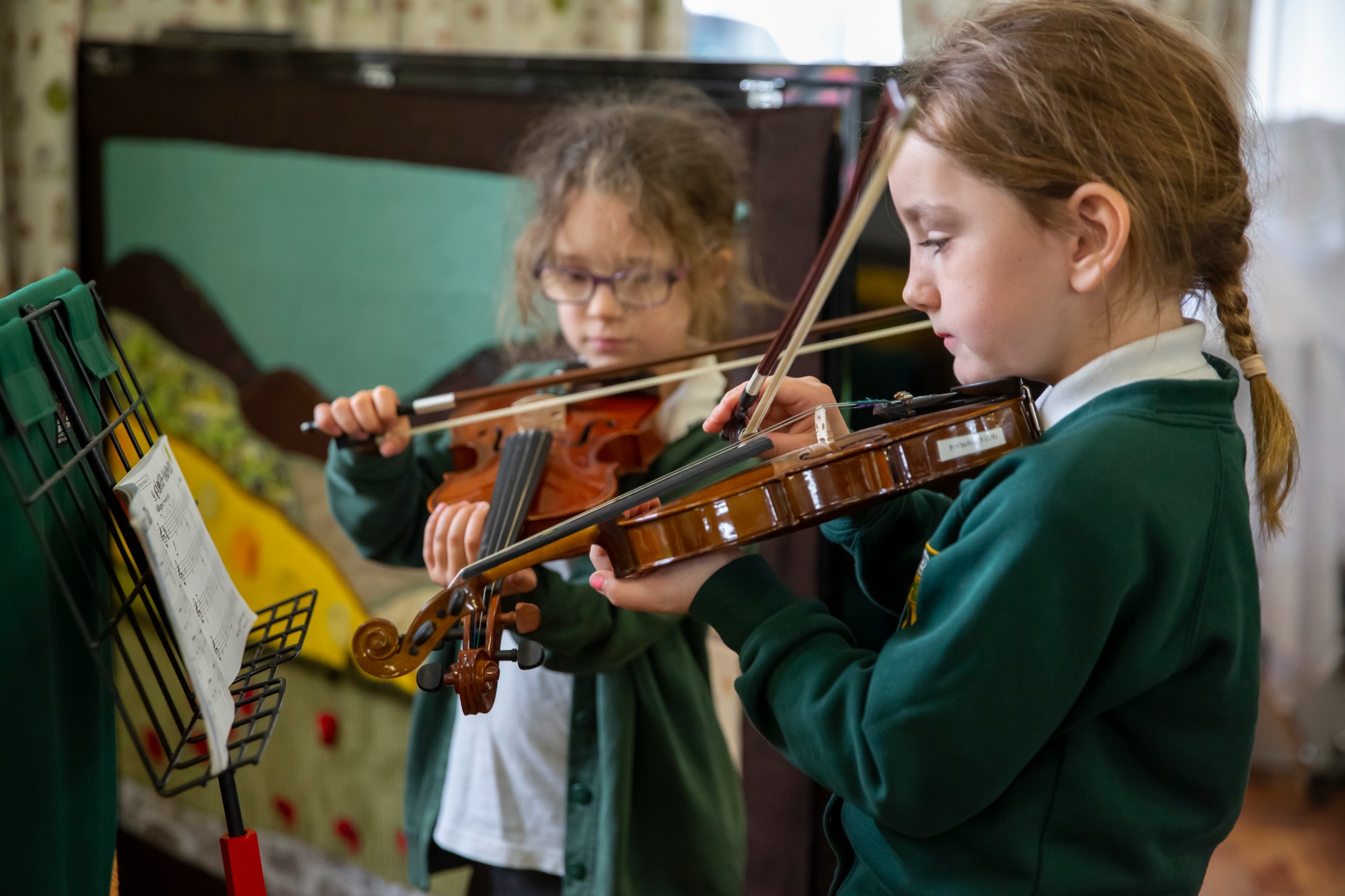Special Educational Needs
Our aim
It is the aim of the school to include all children, and to enable those with special educational needs to access a broad and balanced curriculum and take part in all aspects of school life. We strive to ensure that all children are safe and healthy, enjoy their education and achieve their potential, recognising the contribution they can make and their right to economic well-being in adult life.
The school supports this aim by:
- Planning curriculum delivery to meet the needs of all pupils by considering different learning styles and differentiating tasks.
- Identifying barriers to learning and participation and providing appropriate access arrangements in response.
- Fostering working relationship with parents or carers to identify and meet children’s needs.
- Carefully assessing children’s needs using a range of methods including testing and observation.
- Providing staff with appropriate special educational needs training and information to ensure that children are well supported.
- Monitoring children’s progress using personalised ‘Passports’,.
- Working in co-operation with the LA and other agencies.
- Seeking advice and support from outside experts as appropriate.
- Involving children in planning support, target setting and reviewing progress.
As a school how do we identify, evaluate, assess and review children with SEND?
Pupil progress will be monitored using a variety of methods including: teacher observation of performance in the classroom; standardisedassessments and intervention tracking. If the teacher considers, or tests indicate, that a child is having difficulties with the curriculum, they will share their concerns with the SENDCo and parents or carers will be notified. This allows appropriate support to be put in place before further action is necessary. If teachers and parents/carers agree that the child would benefit from additional support, suitable interventions and resources will be identified to address the area of difficulty.
If further support is needed, the child will be put on the School’s 'Monitoring List’ with accompanying detail outlining the nature of the concern. This will also indicates that they are receiving additional support within the school to address specific difficulties. Parents will be informed of this via the class teacher. Further discussion will take place to provide an insight into any additional interventions their child is receiving – all of which is known as ‘the core offer’. The SENDCo will ensure that children receive support to address their individual needs and this is monitored closely. This support may include withdrawal for small group work with a Teaching Assistant or additional adult assistance in the classroom. Parents/carers will receive a copy of their child's core offer every term. This states the support that is in place for their child, and it is reviewed termly by their class teacher.
If a child’s needs cannot be met in this way, and they receive regular individual support from a Teaching Assistant or a colleague from an external agency, they will be placed on the School’s Special Educational Needs Register. This would be deemed necessary when a child was showing a greater level of need, which required more support. These pupils will have a SEND 'Passport to Success'. It will be updated by the class teacher, clarifying the access arrangements to be made, the focus of support, the additional support in place, and the targets against which the child’s progress will be measured. A review date will be identified when the support to be evaluated, which is also done termly.
Parents or carers will be invited to meet the class teacher to discuss the provision and their child’s progress twice a year. If following review, additional support is no longer considered necessary, the child’s name will be removed from the SEN Register and their progress monitored to ensure that progress is maintained. The child’s next school will be informed of the child’s SEN history to ensure a successful transition takes place.
Identification, assessment and evaluation
Children’s progress will be monitored continuously throughout the year. Formal teacher assessments are carried out termly to assess children’s current understanding of reading, spelling, writing and mathematics. If a child is not making the expected progress either the class teacher/ SENDCo/Senior Leadership Team will identify these children. From this point appropriate interventions will be offered to allow children to ‘catch up’ and close the gap.
At times, it is appropriate to seek the advice of external agencies, such as the school Educational Psychologist. They has specific training that allows them to carry out particular testing to identify more specific conditions/learning difficulties. Very frequently these tests do not change the way a child accesses the curriculum but can provide a greater understanding regarding how best to support.
Reviewing progress
If your child is on the Special Educational Needs register you will meet with the class teacher twice a year as part of an extended parents evening. This extra time is the opportunity to discuss your child’s progress along with any new targets set for them. If your child has an Education Health and Care Plan they will have an annual review each year to discuss progress over the year and to set and agree new targets. It is at this meeting that school staff and outside agencies will be invited to attend and make contributions.
Who should you contact if you have concerns about your child’s learning/SEND?
Your first point of contact should be the class teacher. There are 3 parent’s evenings held throughout the year, however, at Melbourne the teaching staff are always happy to discuss your child’s progress and attainment at any given point in the year. You can also contact the school SENDCo who would be happy to answer any questions or concerns you may have.
What training have staff received to help them support children with SEND?
Staff development is very important and as such we spend a great deal of time investing in professional development for all staff. Staff have had access to internal training opportunities along with training provided by outside agencies.
How will teaching be adapted or a child with SEND?
All teachers at Melbourne are teachers of SEND children. Lessons are made accessible for all by using a number of strategies including use of different resources, making lessons practical, use of additional adults and different tasks.
What support is available for parents/carers of children with SEND?
We have an open door policy which means that parents/carers are always welcome to come in to school to discuss their child’s progress or any concerns that they may have. We work with many outside agencies who are able to support parents/carers of children with specific needs.
How is our school accessible to children with SEND?
At Melbourne we are committed to ensuring equality of education and opportunity for disabled pupils, staff and all those receiving services from the school. We aim to develop a culture of inclusion and diversity in which people feel free to disclose their disability and to participate fully in school life. Our admissions policy does not discriminate against pupils with SEND.
School facilities are available for children with SEND
We have a number of facilities that are available for all of our pupils. These include a breakfast club, lunchtime clubs and after school clubs. We also have a quiet area in school which is supervised by a member of staff. We have a designated pastoral support worker, to support children in school.
How will children be supported during transitions to another setting/school?
There are a number of transition meetings which take place throughout the school. In Year 6 meetings takes place between ourselves and the feeder secondary schools. These meetings are held to share data, attendance, individual education plans and pastoral information. At times it is considered useful to plan additional transition visits which can also be discussed at such meetings.
In terms of transition between year groups systems are in place to ensure that the following class teacher is aware of specific needs and next steps in learning.
How will the school ensure all staff are aware and understand my child’s SEND?
Transition meetings take place between year groups and between secondary schools. At these meetings specific needs are discussed along with the strategies that have been used. If your child has a medical disability their needs are made known to all the relevant people.
How will the school communicate with parents/carers if there are concerns about a child’s learning?
If there are concerns regarding your child’s progress often your child’s class teacher will contact you to discuss progress. If there are further concerns a meeting may be held between yourself, the class teacher and the SENDCo. Such a meeting would help to identify the next steps in ensuring appropriate support for your child.
How is support allocated?
All teachers at Mebourne are teachers of SEND children. However, there are times when extra support is needed to ensure children reach their full potential. One way of doing this is by providing each class with a teaching assistant (TA) for a proportion of the time, which allows for interventions to take place.
Other people and organisations that provide services to our school
We welcome the support of outside agencies and work closely with the staff from the Educational Psychology Team, Behavioural Support, Speech and Language service, Child and Adolescent Mental Health (CAMHS), Youth Support Workers, Education Service for Physical Disability (ESPD), Integrated Sensory Support Service, Social Care and Occupational Therapy.
Key information
The key worker in school regarding Special Educational Needs & Disabilities is Miss Kirk, who is our SENCO. She coordinates all staff involved and is the key link for engaging external agencies in supporting in our school. The best way to contact Miss Kirk is directly via email at skirk@mcps.org.uk, or you can call the main school office on 01759 318369 and ask for her to contact you when she is available.
If you have any concerns, questions or complaints about the provision for your child, you should initially speak to Miss Kirk.However, you can also speak directly to the Headteacher, Mrs Foxton, by calling the main school office.
A list of key staff and external agencies are detailed below for your information.
In school staff
|
Special Educational Needs and Disability Co-ordinator (SENCo) |
SEND Governor |
Responsibility for looked after children |
Designated Safeguarding Leader |
Deputy Designated Safeguarding Leader |
Who to contact regarding a compliment, complaint or concern |
|
|
Name: |
Rebecca Winlow |
Martin Braidley |
Vicky Burdett |
Vicky Burdett |
Rebecca Winlow |
Vicky Burdett |
|
Contact number: |
01759 318369 |
01759 318369 |
01759 318369 |
01759 318369 |
01759 318369 |
01759 318369 |
|
Contact email: |
rwinlow@ mcps.org.uk |
mbraidley@ mcps.org.uk |
vburdett@ mcps.org.uk |
vburdett@ mcps.org.uk |
rwinlow@ mcps.org.uk |
vburdett@ mcps.org.uk |
Please click on the link below to learn more about the Local Offer.
ELSA (Emotional Literacy Support)
Click here to find some ideas and helpful advice on how you can help your child's emotional needs.
